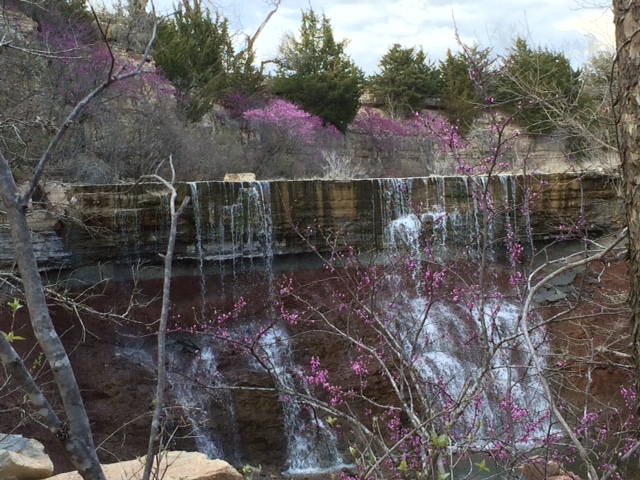
July is Disability Pride Month. I’ve been interested for some time in creating ways for those with less economic or physical privilege to access the outdoors. Unpeeling my own layers of thoughtless patterns and insensitive jokes seems like a good place to start.
The privilege of spending my teen summers in the mountains of Colorado brought with it miles of amazing vistas and deep companionship. It also gave me a heady sense of superiority, that we were the hardcore, highly-skilled mountaineer girls who were better than the boys, of course, but also better than the DTs. The “dumb tourists” who didn’t hike further than the lake ¼ mile from the parking lot. The ones who stumbled up Long’s Peak in cowboy boots. The ones who drove up Pikes Peak. I was a teenager, sure, and most teenagers are snots about one thing or another. My snottiness just happened to be about my surety in the mountains.
My sense of superiority didn’t stop when I put down my backpack for my kid’s wee years. Then it was “all those people in RVs” at the car campgrounds where we were pitching our tents. The eyerolls I shared with others. Our unthinking, excessive, gear talk.
At some point, a switch flipped for me. I began to move away from the idea of the enjoyment of nature as the exclusive province of backcountry hikers. I’ve taken some baby steps toward sharing my passion with others who physically or economically did not have nature gifted to them in the myriad ways I did. Leading hikes with visually impaired folks through the amazing Bridge II Sports organization has brought me new vocabulary, as in “there’s a real spiderweb of roots to step over just a few feet ahead” and some basic appreciation of the obstacles faced by individuals with disabilities when they set out to be in nature. Yet I am still brought up short when digesting an instagram post from @disabledhikers. It taught me how much there is yet to learn. It reads, in part:
The things you are joking about are the every day experiences of disabled folks in the outdoors. Many have to be extremely “overprepared,” if we are able to be on the trail at all; we have to carry supplies for our needs and be prepared for anything. Many can only get outside by driving through a park, or stopping at the only accessible overlook, because there is nowhere else we can go. There is seldom just a simple day hike or an easy trip to the park.
Honestly, it’s not the jokes themselves that bother me; it’s the mentality and lack of consideration behind them. Disabled people have always been excluded from the outdoors, so non-disabled people don’t even think about the ways what they’re saying might impact us. It’s just not even on their radar. That digs the hurt in even deeper. And it leads to our being further ostracized and excluded from the outdoor community.
However you enjoy the outdoors is valid. If you move in some way outdoors, and want to call yourself a hiker, you are a hiker.
Word. My old way is most certainly not the only way of legitimately “being” in nature. Maybe it was the guy from the RV at Grayson Highlands who ferociously chased the young bear out of our campsite while I stood cowering. Perhaps it was the visually impaired Bridge II Sports athlete who kept me out of breath the entire hike around the Al Buehler trail, even while he was regaling us with his musical exploits. Or my beloved mother-in-law, who is done with hiking but has the most badass garden in the Southeast. This is all engagement with nature, and I am here for it.
Please be in touch if you would like to volunteer with me with the Bridge II Sports adaptive hiking program. And do join the conversation if you are so moved, either in the comments below or you can email me directly at marya@rcwms.org. Let’s learn together.
-Marya McNeish
Leave a Reply